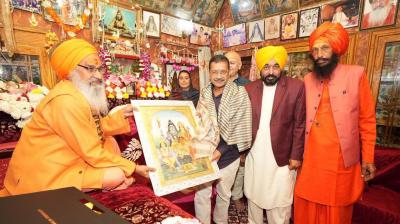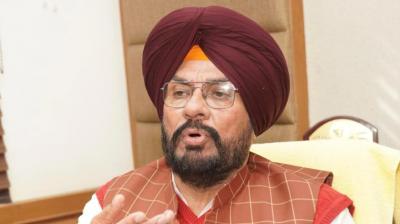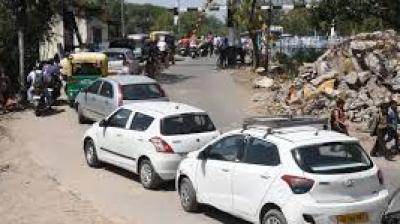
To support this vision, the government is providing significant subsidies through the Horticulture Department.
Chandigarh: The Punjab government, under the leadership of Chief Minister Bhagwant Singh Mann, is fully committed to promoting crop diversification and taking farmers out of the wheat-paddy crop cycle. Through various subsidies and initiatives, the horticulture sector is emerging as a profitable business for farmers, with orders being received from international markets.
To support this vision, the government is providing significant subsidies through the Horticulture Department. This is enabling farmers to diversify their crops and establish profitable horticultural businesses. Under Chief Minister Bhagwant Singh Mann’s leadership, estates of guava, litchi, and pear have been developed across the state. These will soon be dedicated to the public. Additionally, horticulture experts from Punjab have received orders to export 600 quintals of litchi in the upcoming year. A few months ago, the first batch of litchi from Pathankot, Gurdaspur, and Hoshiarpur was successfully exported to England.
Key Schemes to Boost Horticulture
To further promote horticulture and provide technical guidance, the Horticulture Department is running several schemes. These include the planting of new gardens, cultivation of hybrid vegetables, flower production, mushroom cultivation units, vermicompost units, poly house/net house installations for safe farming, and beekeeping. The department also supports small-scale farming activities, offering subsidies on equipment such as small tractors, power tillers, and spray pumps.
One of the primary objectives of these schemes is to conserve water and promote sustainable farming. For this, the government provides 40-50% subsidies on drip irrigation systems aimed at conserving groundwater. A 40% subsidy is also offered on hybrid vegetable seeds, horticulture mechanization, and beekeeping, as well as the expansion of garden areas. Additionally, a 35-40% subsidy is available for cold stores, ripening chambers, and potato graders.
Encouraging Safe Farming and Post-Harvest Management
The government is promoting safe farming techniques by providing approximately 50% subsidies on shade net houses, poly houses, mulching, and tunnels. To help farmers with post-harvest management, a 50% subsidy of up to Rs 2 lakh is available for building pack houses to maintain flowers and vegetables after harvest.
For infrastructure related to cold storage and transportation, a 35% subsidy is provided for cold stores, ripening chambers, integrated pack houses, refrigerated vans, and onion storage facilities. Farmers also receive a 50% incentive for cladding materials used to replace poly house sheets in gardens, covering up to 4,000 square meters.
Promoting Efficient Marketing of Produce
To help farmers efficiently market their produce, the government offers a 50% subsidy for packaging flowers and vegetables in crates and cardboard boxes. Additionally, for flower seed production, farmers can avail a 40% subsidy, amounting to Rs 14,000 per acre.
Conclusion
The Punjab government’s efforts are playing a crucial role in transforming the horticulture sector, enabling farmers to diversify their crops and enhance their incomes. With the continued support of the government, the horticulture sector is poised to reach new heights, contributing significantly to the state's economy while offering farmers better opportunities and international market access.














